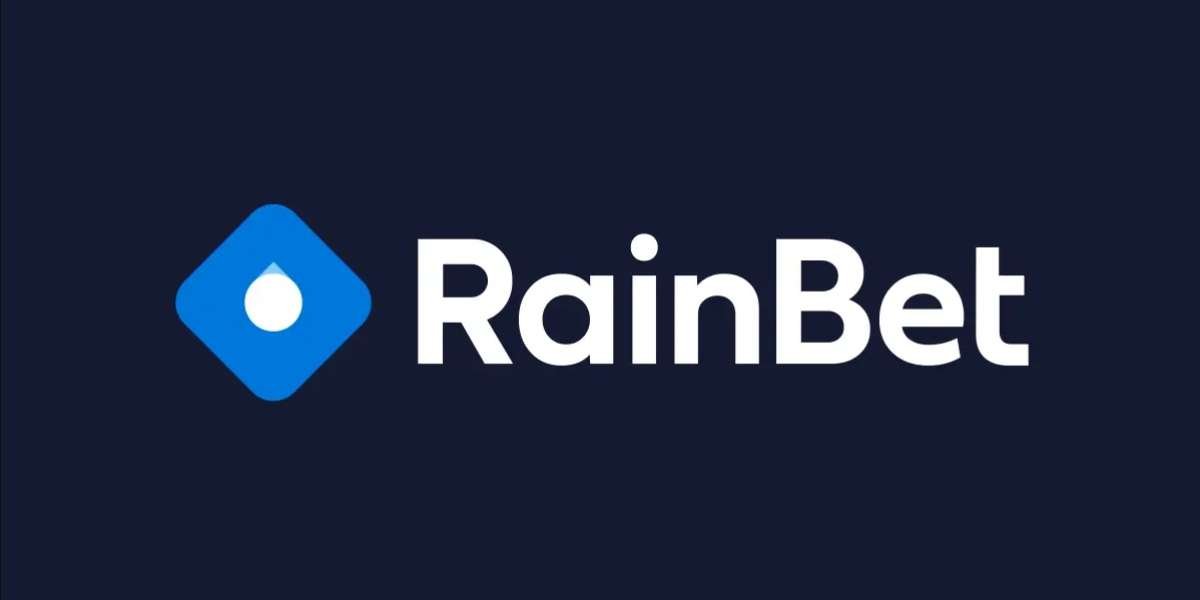The advent of Decentralized Finance (DeFi) has ushered in a new era of financial innovation, challenging traditional banking systems by offering open, permissionless, and transparent alternatives. At the core of this revolution lies the crypto wallet, a critical tool that bridges the gap between users and the DeFi ecosystem. These wallets are far more than mere storage solutions for cryptocurrencies; they are dynamic gateways enabling users to interact seamlessly with decentralized applications (dApps), manage digital assets, and participate in various DeFi activities such as lending, borrowing, staking, and yield farming.
Unlike traditional financial systems, where banks and intermediaries hold control over assets and transactions, DeFi operates on blockchain technology, prioritizing self-sovereignty, transparency, and decentralization. It embodies these principles by giving users full control over their private keys, ensuring they remain the sole custodians of their wealth. This eliminates reliance on third parties, empowering individuals with financial autonomy while reducing vulnerabilities associated with centralized institutions.
From facilitating access to liquidity pools and decentralized exchanges (DEXs) to ensuring secure transactions through blockchain’s immutable nature, these wallets underpin the entire infrastructure of decentralized finance.
However, the journey is not without challenges. Security risks, usability issues, and scalability concerns pose significant hurdles to broader adoption.
What is a Crypto Wallet?
They come in two main types:
- Hot wallets (connected to the internet)
- Cold wallets (offline storage)
Hot wallets, such as MetaMask and Trust Wallet, are more popular in DeFi due to their ease of use and integration with dApps.
How Crypto Wallets Interact with DeFi
They allow access to various DeFi services, such as:
- Staking: Users can stake tokens directly from their wallets to earn rewards.
- Liquidity Provision: Wallets enable users to add funds to liquidity pools and earn fees.
- Borrowing and Lending: Wallets connect users to platforms like Aave and Compound for decentralized loans.
- Token Swaps: Integrated with decentralized exchanges (DEXs), wallets allow instant swapping of tokens.
The Role of Crypto Wallets in Enabling Decentralization
It play a critical role in enabling decentralization within the financial ecosystem. At their core, these wallets empower users with self-sovereignty, allowing individuals to maintain full control over their digital assets without relying on centralized institutions. By securely storing private keys, it ensures that only the user has access to their funds, embodying the decentralized ethos of blockchain technology.
Furthermore, it enhances the security and transparency of financial transactions. In a decentralized framework, all transactions are recorded on an immutable blockchain ledger, reducing the risk of fraud and unauthorized alterations. Advanced wallets bolster security with features such as multi-signature authentication and hardware wallet integration, ensuring an additional layer of protection for users.
Beyond security, it acts as gateways to financial inclusion, democratizing access to financial services. Unlike traditional banking systems that often exclude underserved populations, wallets allow anyone with an internet connection to participate in decentralized finance (DeFi). This accessibility is transformative, bridging gaps for the unbanked and underbanked while fostering financial empowerment on a global scale.
Challenges Faced by Crypto Wallets in DeFi
Despite their significance, wallets encounter several challenges:
- Security Threats
Hot wallets, being online, are vulnerable to phishing attacks, malware, and hacking. Users must exercise caution and adopt best practices like enabling two-factor authentication (2FA) and using hardware wallets for larger holdings. - Usability Issues
Many wallets have a steep learning curve, deterring less tech-savvy individuals - Scalability Concerns
High transaction fees and slow processing times during network congestion affect the usability of wallets. Solutions like layer-2 scaling and optimized blockchain protocols aim to address these issues.
Integration with Advanced Technology
Emerging technologies like artificial intelligence (AI) and machine learning are enhancing wallet functionalities. AI-powered wallets can offer personalized insights, fraud detection, and portfolio management.
Cross-Chain Compatibility
Interoperability between different blockchains is crucial for DeFi’s growth. Wallets like MetaMask are already integrating with multiple chains, allowing seamless interaction across platforms.
Enhanced Privacy Features
Privacy-focused wallets are gaining traction, offering features like zero-knowledge proofs to safeguard user data. These innovations align with DeFi’s vision of financial autonomy.
Institutional Adoption
As DeFi matures, institutional investors are showing interest. Wallet providers are developing enterprise-grade solutions with enhanced security and compliance features to cater to this audience.
To sum up, crypto wallets are the cornerstone of the DeFi ecosystem, enabling users to interact with decentralized applications, access financial services, and maintain control over their assets. Their role in promoting decentralization, security, and accessibility underscores their importance in the evolving financial landscape. However, to realize DeFi's full potential, wallets must overcome challenges related to security, usability, and scalability. By embracing innovation and addressing these hurdles, it will continue to drive the adoption of DeFi, making decentralized finance a viable alternative to traditional systems for millions worldwide.








